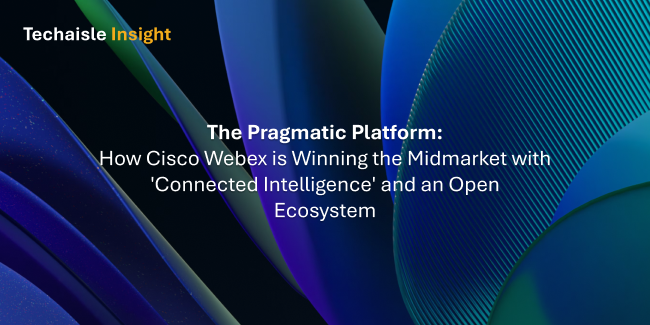The generative AI market is currently a chaotic mix of boundless promise and paralyzing complexity. For enterprise customers, the landscape is a minefield. Do they risk cost escalation and vendor lock-in with proprietary, API-first models, or do they brave the "wild west" of open-source models, complex hardware requirements, and fragmented tooling? This dichotomy has created a massive vacuum in the market: the need for a trusted, stable, and open platform to bridge the gap.
Into this vacuum steps Red Hat, and its strategy, crystallized in the Red Hat AI 3.0 launch, is both audacious and familiar. Red Hat is not trying to build the next great large language model. Instead, it is making a strategic, high-stakes play to become the definitive "Linux of Enterprise AI"—the standardized, hardware-agnostic foundation that connects all the disparate pieces.
The company's legacy motto, "any application on any infrastructure in any environment", has been deliberately and intelligently recast for the new era: "any model, any hardware, any cloud". This isn't just clever marketing; it is the entire strategic blueprint, designed to address the three primary enterprise adoption-blockers: cost, complexity, and control.

The Engine: Standardizing Inference with vLLM and LLMD















